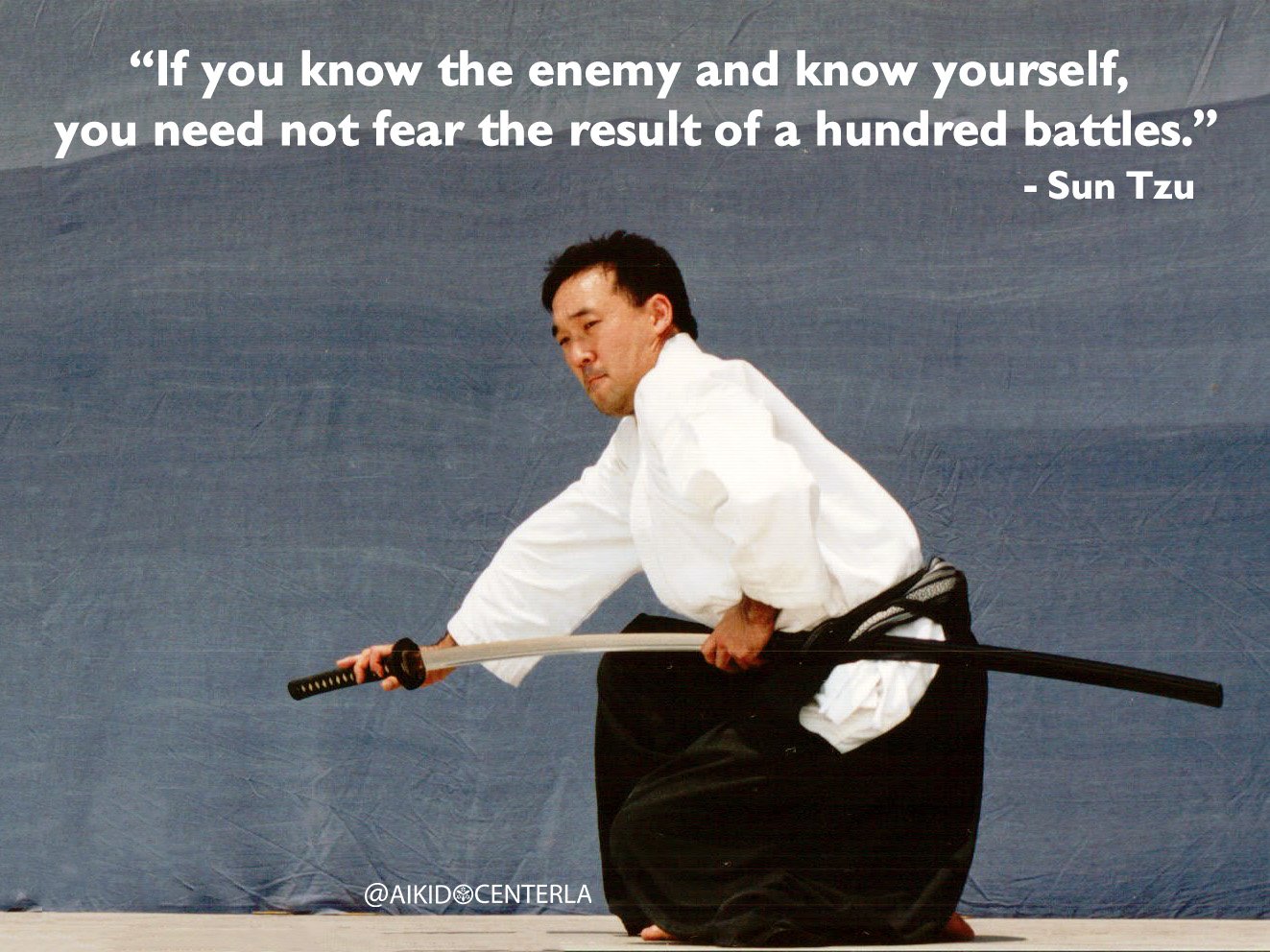The best martial artists are seekers of truth. In Japanese, “truth” or “reality” is jitsu (実). You might be thinking, “Don’t we live in reality?” The short answer is no. Most of us live in something psychologists call confabulation. Confabulations are the stories that our brains tell us that are created to justify our positions as either the hero or victim in our minds. On a certain level, it is our self-talk. Most of the confabulations in our stories come from something called unconscious bias or those biases are based upon old memories or social conditioning. The danger in stories based upon bias is that they could end up being wrong or untrue and in the martial arts being wrong could result in being defeated. Unconscious biases are based upon something from our past which our minds have stored to be used later. Storing it to be used later comes from this idea of Information Theory and how our brains take in information. According to Information Theory, our conscious minds can take in less than 1,000 bits of information per second. Conversely, our subconscious minds can take in somewhere around 10-20 million bits of information per second. Thus, to cover the shortfall of the conscious mind, our subconscious minds fill in the blind spots with past data or unconscious bias. This could be the difference between optimists and pessimists. If our unconscious bias is positive, then our bias is filled in optimistically and we see the world as abundant. If our bias is negative, then we fill in the stories with all the bad things that we have experienced and we see the world pessimistically. In the martial arts, we use this understanding of the subconscious to our advantage. Traditional martial arts training is rooted in kurikaeshi (繰り返し) or “repetition.” It is thought that when we concentrate for a long period of time on something, our minds tend to go into a subconscious state. Some call this subconscious state “the zone.” When this happens, we are either moving from subconscious imprinting or imprinting the subconscious and creating unconscious bias. It is thought that the conscious mind is too slow to respond to an attack and so the subconscious mind, which has been imprinted with repetitive movement, negotiates the attack quickly and intuitively. There is no time to think and there is no time to judge; there is only time to instinctively move. Supposedly, the subconscious mind can respond as fast as 0.08 seconds while it takes the conscious mind almost twice as long at 0.20 seconds. With time and training, we realize that our minds are “helping” us by filling in the blanks with unconscious bias. Realizing this, a martial artist wants to know where else in their lives or in their brains their minds are doing this. Therefore, a martial artist searches for the truth to see what is real or what is a story that they have been telling themselves which is blinding them from the truth. In Buddhism this is called nyojitsu (如実) or “the absolute truth.” Sun Tzu said, “If you know the enemy and know yourself, you need not fear the result of a hundred battles. If you know yourself but not the enemy, for every victory gained you will also suffer a defeat. If you know neither the enemy nor yourself, you will succumb in every battle.” A good martial artist knows how to beat others. A great martial artist knows how to defeat themselves and that’s why the best martial artists are seekers of truth.
Today’s goal: What stories have you been telling yourself? Are they true?
Watch this video to better understand the power of stories

